What is an ESG Strategy
Section 1 | BVCA Responsible Investor Toolkit
Section 5 | BVCA Responsible Investor Toolkit
The BVCA supports the objectives of the Paris Agreement and welcomes the commitment from the UK and a growing number of major economies to achieve Net Zero by 2050. The BVCA is actively encouraging the PE and VC industry to sign up to initiatives such as iCI, SBTi, IIGCC and Ceres. Via developing and sharing best practice and guidance specific for private capital, these initiatives are supporting private capital to work with their portfolio companies to reduce their carbon emissions, set science-based targets and secure sustainable investment performance by recognising and incorporating the materiality of climate risk. Further detail on the role of private equity and venture capital can be found here.
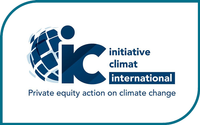

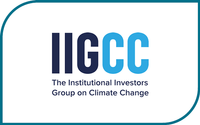

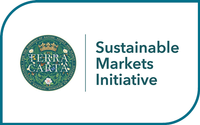
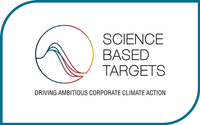
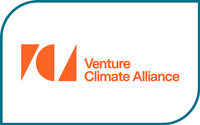
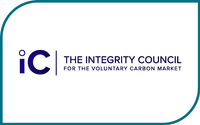
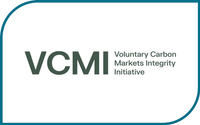
The growing threat to the nature of biodiversity loss, predominantly through climate change has been becoming increasingly apparent, pushing the issue high onto the agenda of the global community.
Action to attempt to combat this potential threat was put in place with the agreement of the Global Biodiversity Framework (GBF) at the UN Biodiversity Conference - COP 15 in December 2022, which included a commitment by 188 nations (including the UK) to the 30x30 target, a target to conserve 30% of the world’s land and ocean by 2030.
Private capital is becoming increasingly aware of the risks posed by biodiversity loss and the role that it can play in helping reduce and conserve the natural environment and is increasingly looking at ways to integrate biodiversity considerations into their investment approach.
Below are some links to emerging best practice guidance specific to the PE/VC sector on how to integrate biodiversity considerations into the investment process, in addition to the Task Force for Nature Financial Disclosures (TNFD) framework.
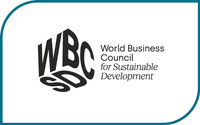

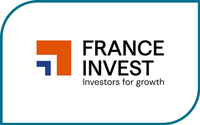
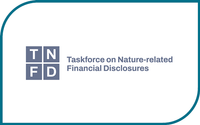

An integral part of the BVCA’s mission is to promote diversity, equity and inclusion (DE&I) within our industry and support firms to build inclusive environments in which everyone can thrive. Click the button below to read more about how the BVCA is supporting and working with our members to help promote DE&I.
Impact investors intentionally seek to achieve positive, measurable, social and environmental impact alongside a financial return. In the UK, it is a fast-growing investment approach. To find out more about how the BVCA is supporting the asset class and how impact investing works, click the button below.
Recent global events such as the global pandemic and extreme weather events, are increasingly shining a spotlight on organisations’ value chains and how these social and environmental events can impact them. This, coupled with increasing investor scrutiny, societal pressures, and regulatory burden, is pushing the topic further up the agenda. With firms now being asked to think about extending the boundary of their responsible investment policies, this has encouraged a deeper into their value chains.
The links below provide some useful best practice.
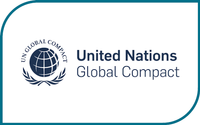
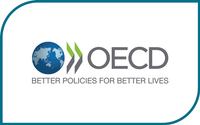
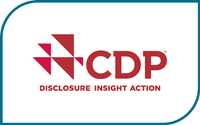

The World Economic Forum's latest report (2023) on global risks ranks cybercrime and cyber insecurity within the top ten risks to business. Cyber-attacks are increasing worldwide, with research recently published by Check Point, 2023 reporting an 38% increase of global cyber-attacks in 2022. As a result, cyber security and information security are now a key agenda item for many organisations.
The links below provide some insight into the risks and guidance on how to prepare and address risks.
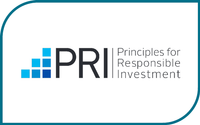

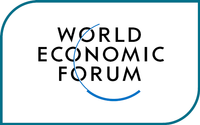

Research published by Deloitte, in March 2022 estimates that in 2020-21 absenteeism, presenteeism and labour turnover caused by poor mental health increased by 25% compared to 2019 figures, costing businesses up to £53-£36 billion in 2020-21, which equates to 2.6% of the UKs annual Gross Domestic Product.
As a result, mental health and wellbeing are key agenda items for many organisations. Below are some links to emerging resources and research.



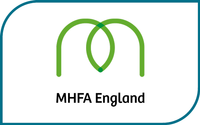


The BVCA is an excellent source of industry information and best practice on ESG. The Diversity and Inclusion Studies published by the BVCA and Level 20 have been incredibly useful in enabling us to hone where we focus our efforts to continue improving our internal policies, procedures and culture to make NorthEdge a welcoming and inclusive employer so that every member of the team feels comfortable bringing their whole selves to work. We firmly believe that teams with diversity of background are more likely to have diversity of thought which is proven to lead to better decision making.

Lucie Mills
Partner, NorthEdge

Section 1 | BVCA Responsible Investor Toolkit

Section 2 | BVCA Responsible Investor Toolkit
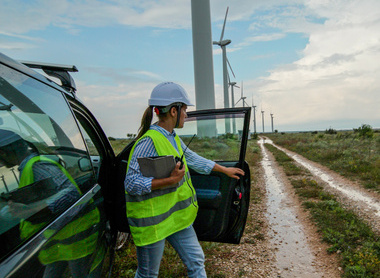
Section 3 | BVCA Responsible Investor Toolkit

Section 4 | BVCA Responsible Investor Toolkit